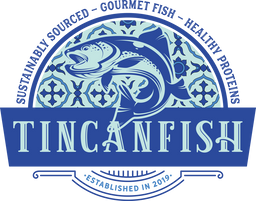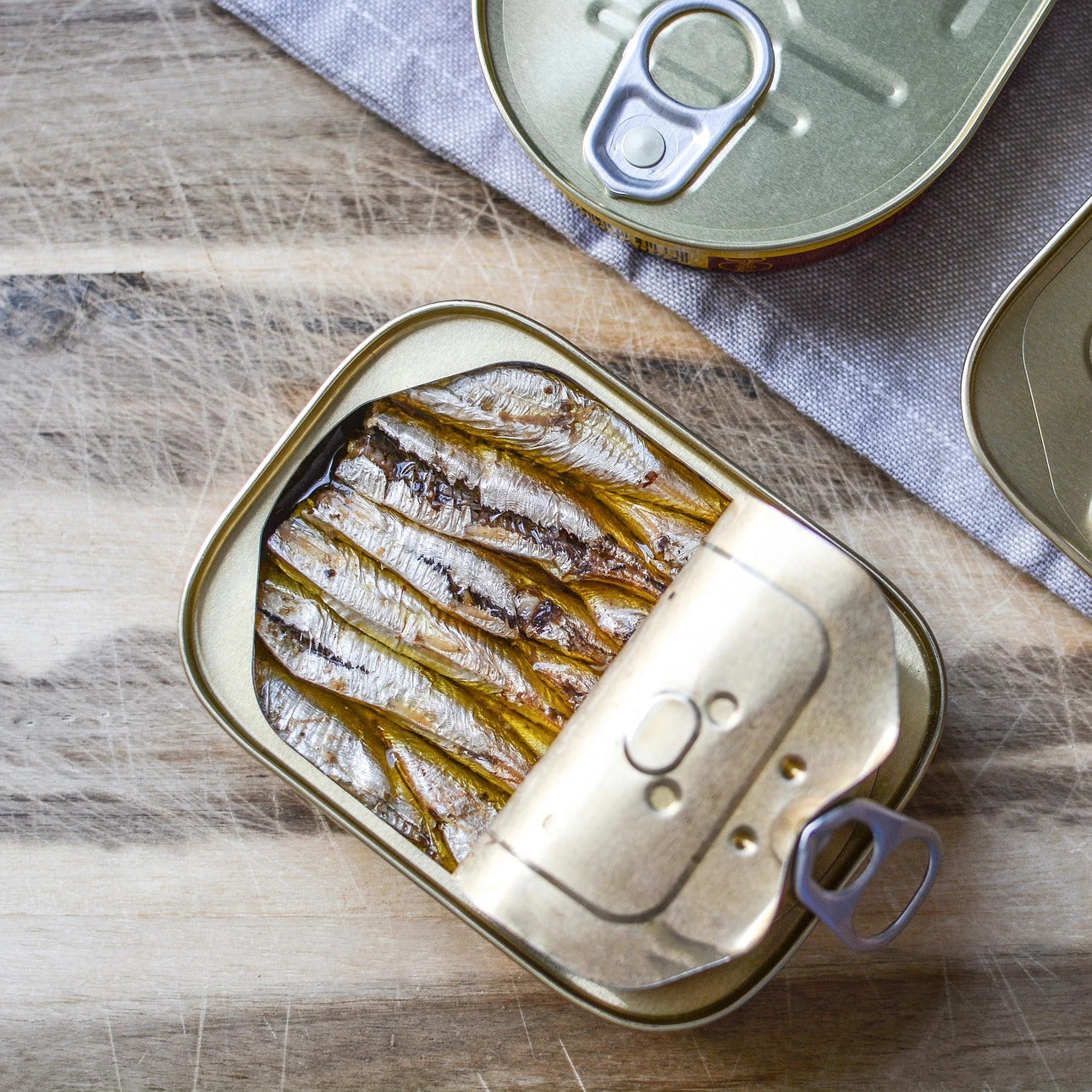Sardines may not be everyone’s idea of the perfect pizza topping, but in Portugal, they’re considered a delicacy. An intricate part of Portuguese economic and cultural livelihood, let’s dive into why Portuguese Sardines are so special!

[Image by chen YUNYU from Pixabay]
The Key To Sardines
Different from other deliciously popular fish like tuna or salmon, sardines can refer to a variety of fish species in the herring family. The Food and Agricultural Organization of the United Nations lists 22 different species as sardine-type products. Without qualification, however, the term “sardine” is exclusive to the species Sardina Pilchardus. This fish is also known as the European Pilchard and is found in the Northeast Atlantic, Mediterranean, Black, and Adriatic seas. With their distinctly salty, briny taste, these small fish can be an exciting addition to a meal if you can handle their flavor.
The term sardine pops up in 15th century England and is thought to be connected to the Mediterranean island of Sardinia - a geologically ancient body of land in Europe and a place where sardine used to be abundant. Traditional cooking has included sardines for thousands of years, with dishes such as roasted sardines and sardine pasta still gracing menus and kitchen tables today.
Portuguese Sardines, Specifically
As a country with a fair amount of Atlantic shoreline, Portuguese cuisine is heavily influenced by seafood of all sorts. Fish canning is first credited to the French, who developed the trade as early as 1824. But by 1850, the practice had taken off in Portugal, too. High yields and foreign investment in the field turned it into a lucrative industry - feeding soldiers, working-class families, and students through wars and revolutions. Today it is considered by some to be the “pinnacle of Portuguese culinary cuisine”
The passion and fanaticism for this tiny fish are not separate from people’s religious beliefs either. Legend has it that Saint Anthony, the patron saint of Lisbon, struggled to reach the people with his message. He turned to fish to deliver the “word of God” and the sardines listened. Saint Anthony took this as a sign from God to continue his work. Fast forward a few thousand years, and the city of Lisbon now has a month-long celebration of Saint Anthony and - yep, you guessed it - sardines play an important part in the festivities.

[Photo by Pedro at TinCanFish]
Slurp Down These Health Benefits
In addition to tasting great, and feeding the Portuguese people through the decades, sardines provide a variety of health benefits.
Unlike many other fish we eat, sardine feed on plankton, which means they contain lower levels of mercury than other popular seafood. They also provide a strong dose of Omega-3s which can reduce the risk of blood clots and lower your blood pressure.
Sardines are also a great way to up your vitamin game. Chock-full of B-12 and vitamin D, these little fish can make a big difference in your bone health, mood, and energy levels.

[Image by DanaTentis from Pixabay]
Sustainable Sardines
However, it’s not exactly smooth sailing in the world of sardines. As global temperatures rise and oceans warm, the sardine population has dropped. Pair this with the unsustainable fishing practices that have dominated the industry for decades and you have yourself a sustainability shipwreck.
If you are going to incorporate sardines into your life in the spirit of the Portuguese culture that so reveres this small sea creature, it is imperative to do so responsibly. One way to do this is by making sure you are buying from and supporting sustainable fishing practices. This isn’t always an easy answer. Climate change awareness and environmentally sustainable practices grow in popularity, but there is also a lot of misinformation and oversimplification regarding the fishing industry. There are even strong debates within the industry itself and between different certifiers, which can make it a really tricky conversation for the average consumer to navigate.
Certifying bodies include Marine Stewardship Council, Friend of the Sea, and International Pole and Line. Keep an eye out for their small blue label on sardines cans and other seafood when buying products.
Article written by Siri Undlin on November 10, 2020.


